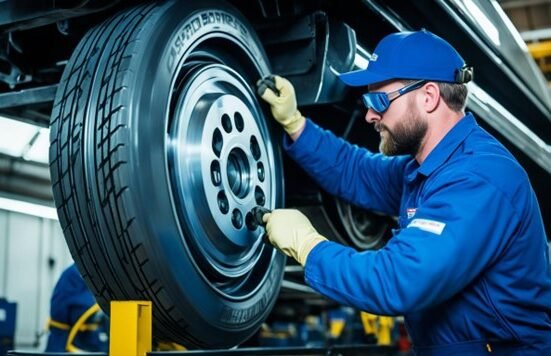Hitachi, Zeppelin, Komatsu, Kubota and Caterpillar just to name a few are among the heavy machine manufacturers who are taking the lead in the production of electric powered earth moving machines such as excavators and skid steers. This is especially true within the context of mini or compact construction machines as indicated by Leila Steed, who interviewed the CEO and founder of CONMEQ Boris Koot.
According to Koot, the switch from fossil fuel to battery powered excavators and skid steers may be costly at purchase point, but in the long run the costs pan out whilst simultaneously reducing the impact of construction machinery impact on the environment. From another positive perspective, owners of battery powered construction machinery will be able to balance between operational needs and maximising the length of the machine’s life span based on the fact that the most expensive component of such machines is the battery pack.
Although the wear and tear components are also crucial, the most crucial element is within the scope of managing the recharging of the machine according to spec. Battery packs, depending on manufacturer and spec offer between 1 2000 charging cycles with fast charge, with slow charge, the cycle extends by 30 to 40 % more cycles. Constant fast charging reduces the life expectancy of battery packs severely and according to some tests, by almost 50 % which increases the cost of ownership for electric excavators and electric skid steers.
Business that involve themselves within the excavator hire and skid steer loaders for hire niche would find it difficult to balance their bottom lines with the current daily rental rates and will be forced to switch to hourly machine rental charges’ attributed to the battery deterioration rate. What construction outfits should be aware of is the fact that the battery packs account for nearly 34% of the cost of the machine and hence, the longer the machines are used the cheaper they become in essence, it is all about the return on investment.
Yanmar, for instance who have been acknowledge by industry players as a leading power solutions provider for industrial machinery introduced a concept and strategy for construction equipment only recently at the Bauma 2022 expos, in Munich, Germany which is the biggest construction equipment exhibition on the planet. They too were focused on the pluses and minuses of electric powered excavators and skid steers which highlighted among others a well-defined strategy for electric powertrains, high density batter systems and warranties and recycling option for specific machines.
In essence, Yanmar was establishing itself as a systems integrator for individual OEMs and advance further into the industry as a supplier of electrified solutions whilst upholding the company’s core values which are durability, reliability, quality and robustness for any machine associated with the Yanmar brand. According to Mr. Tomohisa Tao who is the president of Yanmar Power Technology Co. Ltd, Yanmar is ready to face the challenges that are around the corner which in essence is a total transformation in process as the solution provider intends to focus more specifically on alternative fuel technologies, not just electric.
Objectively, Yanmar will bring manufacturers together in order to commit to electric ecosystems which would also impact Yanmar’s OEM partners to adopt the new energy technology dished out by the power solution provider. Although bio-fuel is also on the table, production and delivery issues are the biggest challenges. Nevertheless, the move towards cleaner energy is well underway with many manufacturers releasing their own electric versions of heavy machines, especially within the scope of mini excavators and skid steers which are crucial machines for just about any construction project.










